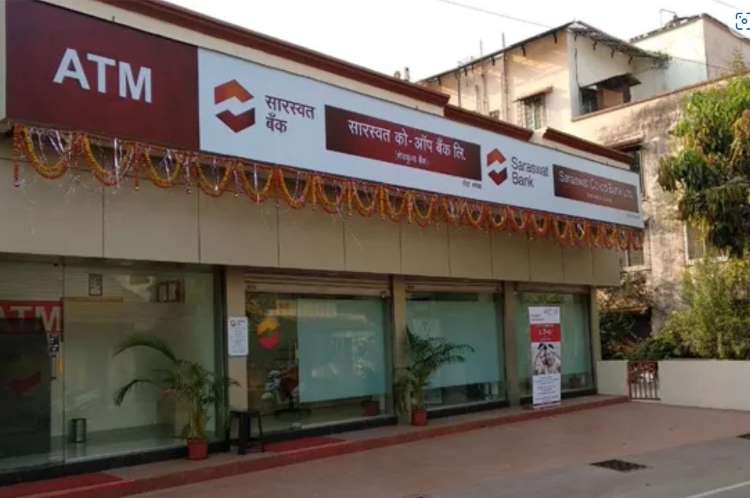
India’s cooperative movement has long been a pillar of its socio-economic framework, promoting self-reliance and community empowerment. With over 8 lakh cooperatives serving more than 290 million members, the sector’s influence spans across livelihoods and community development. From primary agricultural credit societies to urban cooperative banks, cooperatives have played a critical role in empowering rural and urban communities. Despite their vast scale, the cooperative ecosystem continues to grapple with persistent challenges, including governance issues, capacity-building deficiencies, and financial constraints.
The Union government has recently taken significant steps to revitalise the cooperative framework. The establishment of the Ministry of Cooperation in 2021 was a pivotal move aimed at addressing inefficiencies and streamlining policies. Key initiatives include the digitalisation of over 63,000 primary agricultural credit societies (PACS) to enhance transparency and efficiency. Additionally, proposed amendments to the Multi-state Cooperative Societies Act, 2002 seek to strengthen governance and accountability. While these measures are promising, they fall short of addressing the sector’s deep-seated structural issues.
READ I Rising urban housing costs threaten India’s growth prospects
Cooperatives need education, training
One of the most critical gaps in the cooperative ecosystem is the lack of robust education and training programmes. Capacity building is essential for equipping cooperative members and leaders with governance and management skills. Institutions like the National Cooperative Development Corporation (NCDC) and the National Cooperative Union of India (NCUI) have conducted training programmes, but their reach remains limited given the sector’s immense size. While partnerships with educational institutions like the Institute of Rural Management, Anand (IRMA), have shown promise, a more cohesive and integrated approach is necessary.

To address these gaps, India should consider establishing a dedicated National Cooperative University. Such an institution would professionalise and modernise cooperative education, equipping the sector with skilled leaders and managers. A National Cooperative University could offer specialised undergraduate and postgraduate programmes, facilitate research on global best practices, and promote innovation in cooperative management. Countries like Japan and Sweden have successfully implemented cooperative universities, serving as models for India.
The Vaikunth Mehta National Institute of Cooperative Management (VAMNICOM) stands as a viable candidate to evolve into India’s first National Cooperative University. For decades, VAMNICOM has led cooperative training and research, specialising in areas such as cooperative banking, rural development, and marketing. In 2022 alone, it trained over 10,000 cooperative personnel. Transforming VAMNICOM into a university would enable it to expand its reach, offer degree programmes, and collaborate with international institutions to elevate cooperative education in India.
Building the roadmap for success
Realising this vision requires a well-structured roadmap. The Ministry of Cooperation must ensure minimal bureaucratic interference and grant financial and administrative autonomy to the proposed university. A governance council comprising academicians, cooperative leaders, and policymakers can provide balanced oversight while enabling efficient decision-making. By empowering experts to lead the institution, the university can attract top-tier talent and resources.
The importance of cooperative education extends far beyond skill-building. It raises awareness about cooperative principles, empowers members to make informed decisions, and prepares leaders to address complex challenges. A National Cooperative University would not only fill the existing gaps but also attract younger generations to the cooperative movement, injecting fresh energy and ideas into the sector.
Education alone cannot drive the transformation of India’s cooperative ecosystem. Financial support from State Cooperative Banks and NABARD, coupled with extension services to disseminate best practices, is vital. Collaborations with international organisations like the International Cooperative Alliance (ICA) can bring global expertise and innovation to India’s cooperatives.
Unlocking the potential of cooperatives
Cooperatives contribute approximately 6% to India’s GDP and employ over 1.2 million people. The dairy sector, for example, processes 20% of the country’s milk through cooperative networks, underscoring their economic significance. However, to sustain and expand their impact, cooperatives need cohesive policies, technological integration, and robust monitoring frameworks.
India’s cooperative sector stands at a crossroads. While recent government initiatives are commendable, a comprehensive strategy is needed to unlock the sector’s full potential. Establishing a National Cooperative University, with VAMNICOM as its cornerstone, could be a game-changer. It would professionalise the sector, ensure sustainability, and drive inclusive growth in an evolving economic landscape.
The establishment of a National Cooperative University would foster innovation, enhance governance, and create a cadre of skilled professionals dedicated to advancing the cooperative movement. The resulting benefits—improved operational efficiency, increased youth participation, and strengthened rural and urban livelihoods—would position India as a global leader in cooperative development. By aligning cooperative education with international best practices, India can set a benchmark for other nations while achieving its vision of inclusive and sustainable development.
(Dr Mahesh Mahadeo Kadam is Associate Professor, and Dr Amit Borkar is Assistant Professor at Vaikunth Mehta National Institute of Cooperative Management, Pune. Dr Pravin Jadhav is Associate Professor at Institute of Infrastructure Technology Research and Management, Ahmedabad.)
